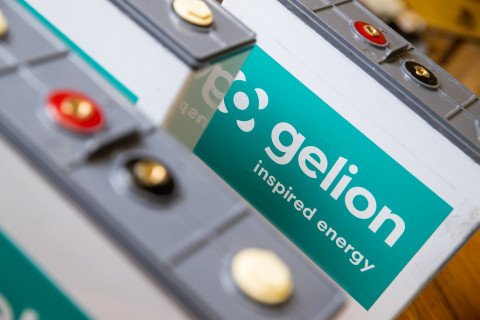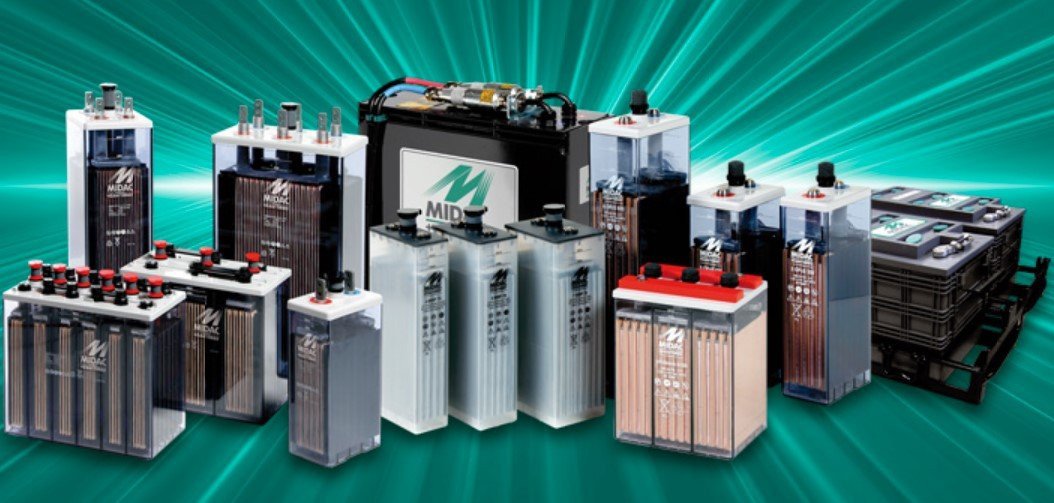Enel X and MIDAC are engaging in R&D activities to build Italy's first major recycling plant for lithium batteries used in electric vehicles, industrial systems, and stationary systems. The goal is to help develop a European lithium battery supply chain that is both sustainable and based on a circular approach, according to the companies.
This initiative is implemented in partnership with other Italian and European companies and research institutes, including ENEA (Italian National Agency for New Technologies, Energy and Sustainable Economic Development), and is part of the European IPCEI batteries project.
In Europe, it is estimated that a total of around 200,000 tons of lithium batteries will have to be recycled by 2030. Therefore, this project aims to help make the energy transition more sustainable.
"We are proud to have partnered for this challenging and strategic project aimed at establishing a European battery supply chain," said Francesco Venturini, CEO of Enel X. "Thanks to this project we will be able to open up new markets and new growth opportunities for companies by combining efficiency, sustainability and innovation, making it possible for Europe to achieve a critically important goal, which is to become more independent when it comes to sourcing raw materials", he added.
Commenting on the development, Filippo Girardi, President of MIDAC, said, "We are currently developing and investing in state-of-the-art recycling processes so that we can support the Italian and European lithium battery supply chain and actively contribute to the energy transition. We will start with recycling and we will then move on to cells. Our plants will be located in Italy so that we can strengthen our presence in the Italian battery industry, providing employment opportunities and promoting growth all over the country."
RELATED: Ecobat to establish Lithium-ion Battery recycling facility in Arizona
For more than 30 years, MIDAC S.p.A. has been producing storage systems for the automotive, stationary battery, and industrial traction battery industries. In the last 10 years, it has been producing lithium batteries for industrial traction and stationary storage, along with large storage systems for fast electric car charging.
With the IPCEI project, MIDAC intends to complete the lithium battery value chain with a so-called "second life" project that involves recycling and producing innovative battery cells and packs.
As part of this project, Enel X and MIDAC will be conducting R&D activities, in their own fields of expertise, in order to build the plant by developing a virtuous circular model to transform spent battery packs back into raw materials, which can then used to make new cells. This will result in less mineral extraction, thereby reducing the costs and environmental impact of the process.
More specifically, Enel X will be in charge of researching and developing cutting-edge technology that automatically dismantles lithium batteries, as well as their recycling process. MIDAC, on the other hand, will be developing the entire lithium recycling process, at first on a pilot scale and then by building an industrial plant with an annual capacity of at least 10,000 tons.
This is the third IPCEI battery project for Enel X – following two others, launched in 2020 and 2021, respectively – to foster the development of Digital Twin technology and of other cutting-edge, sustainable technologies for lithium-ion batteries, with the end goal of extending their life, reducing charging times, and making them safer and more environmentally friendly.

Gelion acquires Johnson Matthey's Battery Materials IP portfolio
Read More

